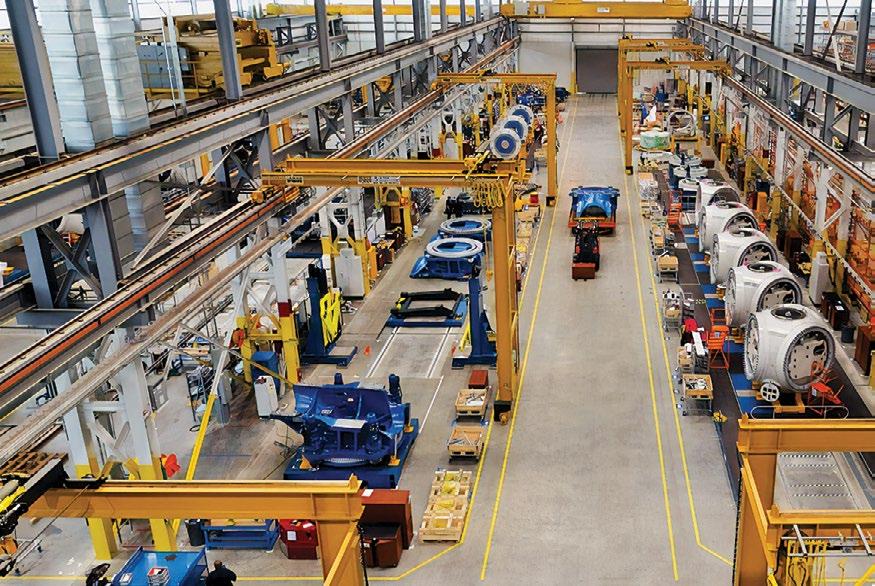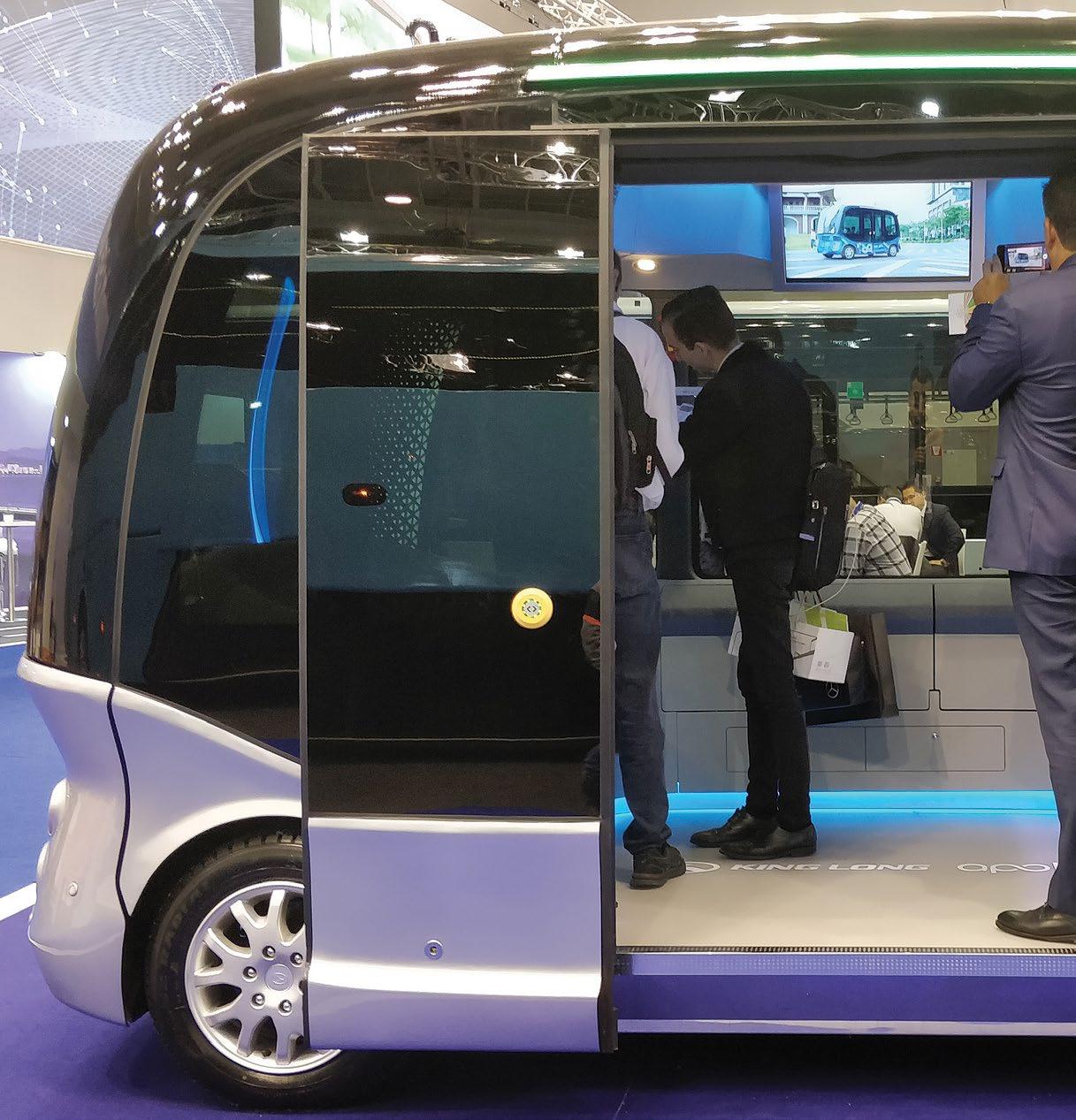N
ewscast
Catalysts for cost-effective and NATRAX High Speed Track efficient metal-air batteries
The discovery of a new nonprecious, metal-based, bi-functional electrocatalyst is believed to have the potential to decrease cost and increase the efficiency of metalair batteries. The International Advanced Research Centre for Powder Metallurgy and New Materials (ARCI), an autonomous R&D Centre of the Department of Science and Technology (DST), of the government of India, has found a solution to this by developing a costeffective electrocatalyst. The research has been published in ACS Applied Energy Materials. It is well known how the rise in demand for different energy sources has led to efforts being made globally to develop different kinds of energy devices. These include lithium-ion batteries,
lead-acid batteries, redox flow batteries, lithium-air batteries, zincair batteries, sodium-ion batteries, fuel cells, and super-capacitors. The Zinc-air batteries among these have particularly drawn attention due to their claimed low cost and high energy density. Known as compact power sources for electric vehicles and energy storage devices, they are said to introduce efficiencies in the management of energy flow among renewable energy generators like wind turbines, photo voltaic panels, and electric grids. Catalyst development has been identified to be a major challenge here. The conventional catalysts available consist of noble metals in their composition, and are said to make batteries costly.
The National Automotive Test Tracks (NATRAX) inaugurated a High Speed Test (HST) track in Indore. Touted as the largest test track in the world, the four-lane track is 11.3 kilometres long and is also Asia’s longest track. The track will be used for the development and homologation of multiple vehicle segments, from passenger cars to heavy commercial vehicles. Each track will enable original equipment manufacturers to conduct coast down tests, brake tests, constant speed fuel consumption tests, speedometer calibration, noise, vibration tests and mileage accumulation among other tests.
Ministry of Power incentivises power trade from renewable energy sources
The Ministry of Power recently issued an order extending the waiver of Inter-State Transmission System (ISTS) charges on the transmission of electricity generated from renewable energy sources like solar and wind for projects to be commissioned up to June 30, 2025, effective June 30, 2023, previously. The move is expected to promote the hydro Pumped Storage Plant (PSP) and Battery Energy Storage System (BESS) projects for meeting the balancing
6
AUTO COMPONENTS INDIA n AUGUST 2021
requirement of the grid as a result of large scale integration of renewables. An estimated 450 GW by 2030. The waiver of transmission charges is also extended to the trading of electricity generated and or supplied from solar, wind, PSP and BESS in Green Term Ahead Market (GTAM) and Green Day Ahead Market (GDAM) for two years, till June 30, 2023. Notably, RE developers will be allowed to sell power in the power exchanges and
stand to get paid on delivery of power itself without a lag. In addition, the buyers will also have an opportunity to sell their surplus power in the power exchanges or allow, in advance, the sellers to sell in the power exchange. The amendment order is being looked at as a boost to renewable energy and a step forward in the direction of the government of India meeting its international obligations and climate change ‘commitment’. WWW.AUTOCOMPONENTSINDIA.COM




